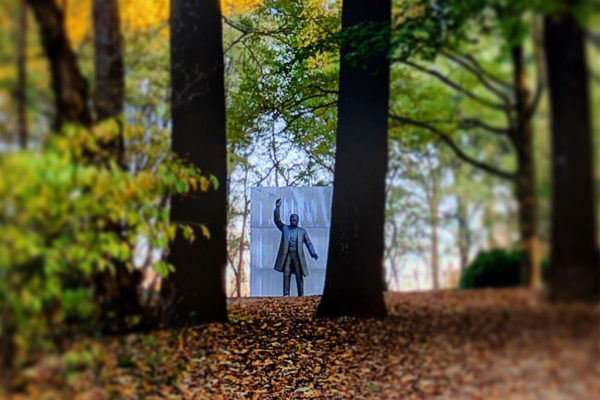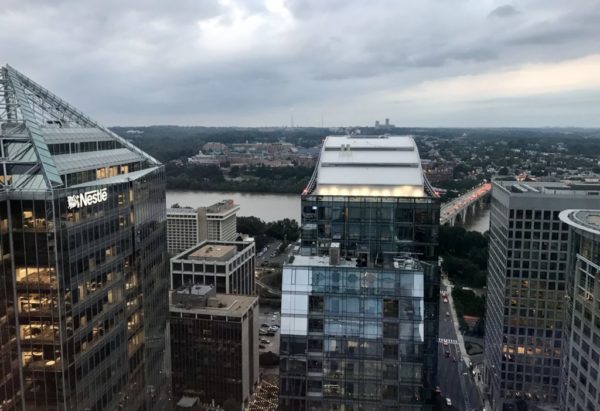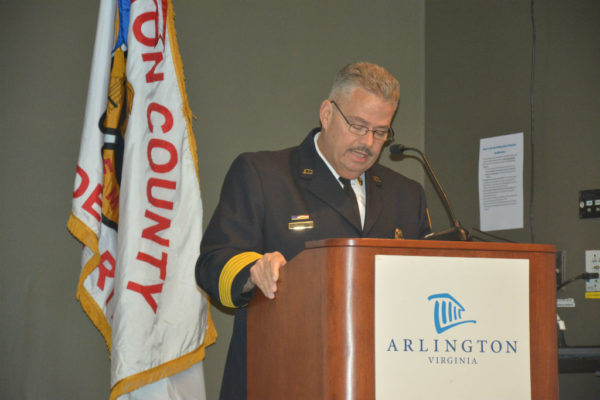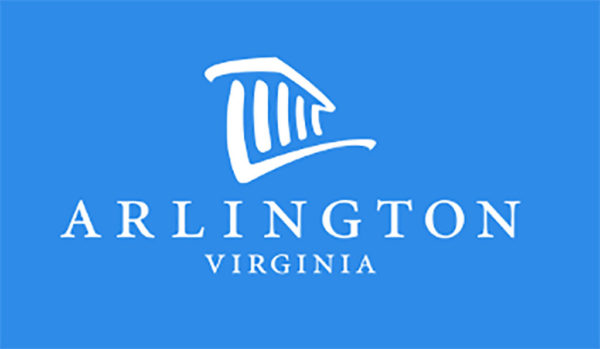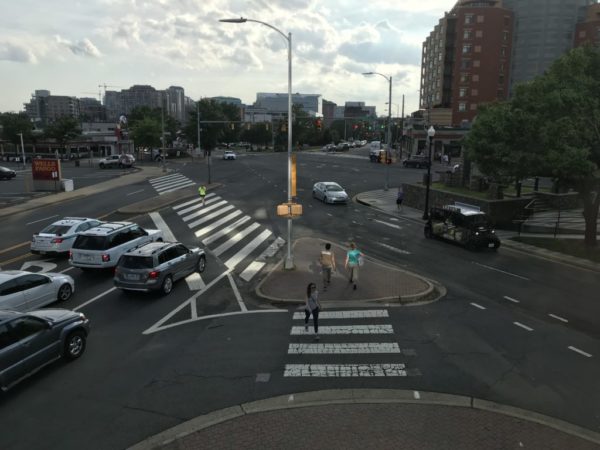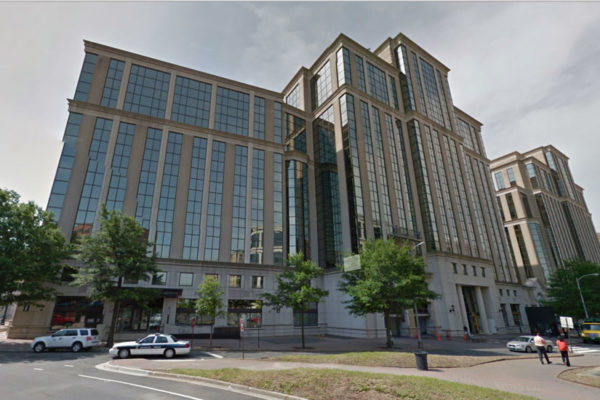
In recent weeks, Arlington County and its school system have sought to charge ARLnow hundreds of dollars to fulfill public records requests, or simply not responded to them — and others around the county have noticed similar issues accessing public documents.
The county has asked for more than $1,140 in all to provide records in response to three requests by ARLnow under the Freedom of Information Act, using accounting practices that raised eyebrows at one of Virginia’s open government watchdog groups. In another case, Arlington Public Schools has gone more than a month before providing any response to an ARLnow FOIA request, missing a state-mandated deadline by weeks.
Other reporters and political activists told ARLnow they’ve received even larger bills, or similarly been stumped by radio silence from the county on the requests.
Virginia’s FOIA, designed to open up public documents for public inspection, has frequently been criticized by transparency advocates for its litany of exemptions allowing government officials to withhold vast swaths of information from disclosure. Rather than claiming any of those exemptions in these instances, however, the county could be running afoul of the law itself.
Megan Rhyne, executive director of the Virginia Coalition for Open Government, was particularly taken aback by the size of the fees the county has sought to assess ARLnow. While the FOIA does allow government agencies to “make reasonable charges” to offset costs associated with tracking down the necessary documents, Rhyne expressed bewilderment at some of the county’s tactics for calculating those fees.
For instance, in response to one ARLnow request for six months worth of data on Arlington Transit service, the county estimated that a “management analyst” would need to spend 13.5 hours searching for records that could match ARLnow’s request, at a rate of $40.39 per hour.
Then, the county said an “associate planner” would need to spend three hours on the request, at a rate of $35.95 per hour. Finally, the “acting transit services manager” would spend an hour on the work, to tack on another $40.76.
“That’s a LOT of time,” Rhyne wrote in an email. “And what will the ‘associate planner’ need to take three hours to do different from the analyst? And then the ‘manager.’ What do any of them DO as part of this process? That’s three layers, with more than 17 of those hours going to people all making over $74,000/year.”
Rhyne points out that “the amount of the fees charged does not tell the whole story,” noting that what’s really important is how the county arrived at those figures. But if Arlington is adding unnecessary steps to the process, she says that wouldn’t match up with the law’s requirements.
“Fees must represent the actual cost to the government, and the costs must be reasonable,” Rhyne said.
It’s difficult to pin down, however, just how often the county is assessing such large fees for FOIA requests.
Logs released through a separate ARLnow FOIA request show that the county charged an average of $28.50 to respond to records requests over the first six months of this year — however, those logs do not include fees assessed on requests that weren’t completed, meaning people could be choosing not to move forward with a request if the price tag is too steep. The logs do show that the county’s completed five requests with fees of $100 or more from January through the end of June, including ones with fees of $316, $550 and $614.50.
Other would-be requesters around the county say such large fees are not unusual, however.
Matthew Hurtt, a local Republican activist, says the county sought to charge him more than $1,100 when he asked for email correspondence related to Arlington’s bid for Amazon’s second headquarters. He says even a “significantly refined” request came with a fee north of $900.
Jonathan O’Connell, a reporter with the Washington Post, says the county wanted to charge him $319.55 for Amazon-related documents — and even if he’d paid, officials informed him they’d be claiming an exemption to withhold all the information anyway.
“Arlington actually gave me a pretty similar response to what other Virginia jurisdictions gave me, which is nothing of value,” O’Connell told ARLnow. “I didn’t pay them because they told me they weren’t going to to give me anything related to HQ2.”
In other cases, the county’s responses have been confusing or non-existent.
Roshan Abraham, an activist with Our Revolution Arlington, filed a request on July 30 for documents related to the county’s incentive package to bring Nestle to Arlington, but didn’t hear back from the county for weeks. When informed by ARLnow that documents posted to the county’s website on Aug. 17 could match his request, Abraham said he never received any communication from the county about it, and that some documents he’d asked for remain missing.
Similarly, county transit bureau chief Lynn Rivers told ARLnow in early August that staff had erred when they attached a $323 fee to a June 29 request for two months’ worth of Arlington Transit data. She pledged to deliver the documents free of charge, but even after several calls and emails seeking clarity, ARLnow hasn’t received any response.
And in the case of the school system, officials have yet to respond to a July 30 request from ARLnow seeking documents related to plans to rename Washington-Lee High School.
The FOIA calls for officials to respond to requesters within five “working days,” and either detail whether the records are available or ask for more time to track them down. Linda Erdos, Arlington Public Schools’ assistant superintendent for school and community relations, wrote in an email on Aug. 21 that she’d provide such a response the following day.
After two follow-up emails to Erdos since then, ARLnow still has yet to receive any answer.
File photo


